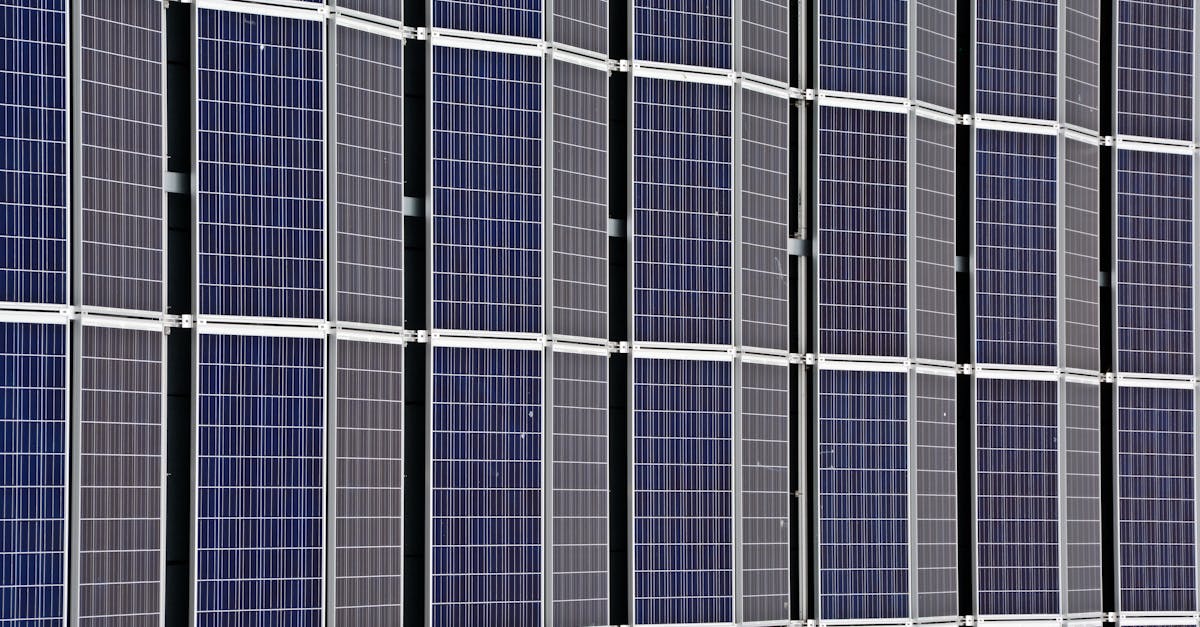Published on:
6 min read
The Future is Bright: How Solar Panels Are Changing Our World
As the world shifts towards sustainable energy, solar panels are at the forefront of this revolution. They are not only reducing our reliance on fossil fuels but also changing the landscape of energy consumption in homes and businesses alike.

The Rise of Solar Technology
In recent years, solar technology has seen an incredible surge in innovation and accessibility. With advancements in photovoltaic cell efficiency and the reduction in installation costs, solar panels are becoming not just a viable option for energy but a primary choice for many homeowners and businesses. This shift is not only paving the way for cleaner energy solutions but is also helping to stimulate local economies by creating jobs in installation, maintenance, and sales. As governments around the world set ambitious renewable energy goals, the solar industry is prepared to meet the challenge through continuous research and development.
Economic Benefits of Solar Energy
Investing in solar panels offers considerable economic advantages both at individual and societal levels. For homeowners, the initial investment in solar technology can lead to long-term savings through reduced energy bills and tax incentives. Many states offer rebates and credits to encourage the adoption of solar energy, which can significantly offset installation costs. Additionally, as more businesses implement solar solutions, they can enjoy decreased operating costs, enabling them to pass on savings to their customers. On a broader scale, increased reliance on solar energy contributes to energy independence, reducing reliance on imported fuels and enhancing national security.
Environmental Impact of Solar Panels
Solar panels represent a major step forward in combating climate change. By harnessing the sun's energy, we can dramatically reduce greenhouse gas emissions compared to traditional fossil fuel sources. Moreover, solar energy is abundantly available and virtually inexhaustible, making it a sustainable alternative that helps preserve natural resources. In addition to reducing emissions, solar installations require significantly less water than conventional energy production methods, helping to conserve this precious resource. With climate change posing an unprecedented threat to global ecosystems, the transition to solar energy is crucial for protecting the environment for future generations.
Conclusion
The future is indeed bright for solar energy as it continues to transform our world. With economic, environmental, and technological advantages driving its growth, solar panels are changing the landscape of energy consumption. As we embrace this renewable energy source, we pave the way for a sustainable future that benefits not just us today but also generations to come.
Published on .
Share now!










